Pensioners seem to be a fixture of Russian life that always go by unnoticed, though they are seen at ticket booths, manning cloakrooms, selling fruit or working as building watchmen, janitors and cleaning ladies. It may seem that the elderly should be at home enjoying a well-earned rest, but many people in Russia continue to work past their retirement age, often taking on low-wage jobs to make up for inadequate pension payments.
Life as a pensioner can be tough. Results from a VTsIOM poll from 2010 show that 64 percent of Russians believed that retirement is a difficult period rather than a happy time and 77 percent of respondents did not think that they will have enough to live on when that time comes.
In July 2013, the average pension was 10,025 rubles ($305), according to provisional data provided by the State Statistics Service. Talks have been ongoing about reforming the pension system, but this has led to fears that it might result in a larger part of the population becoming ineligible to receive state funds.
Our photographer Vladimir Filonov shares his photographs of their daily lives.
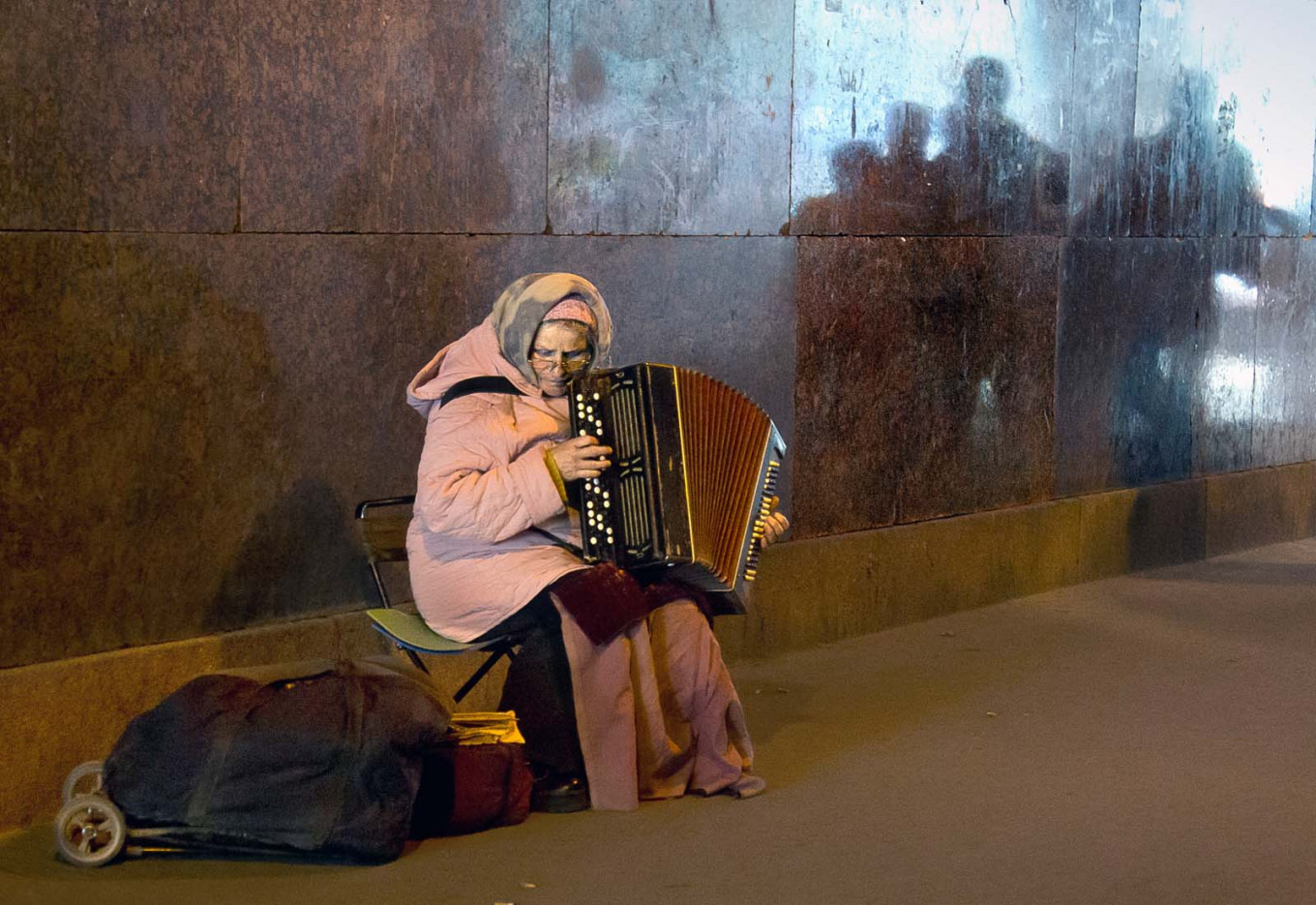
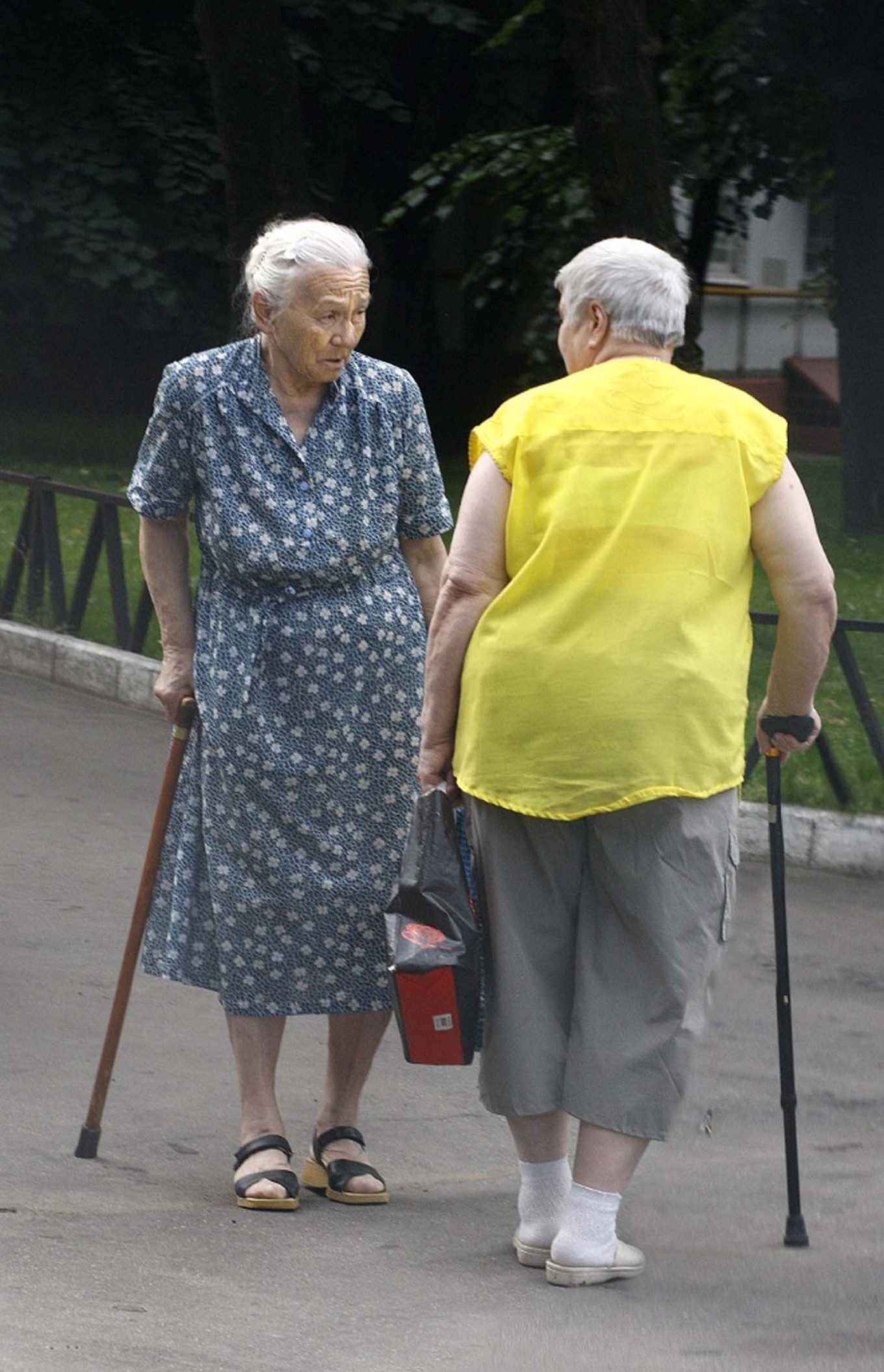
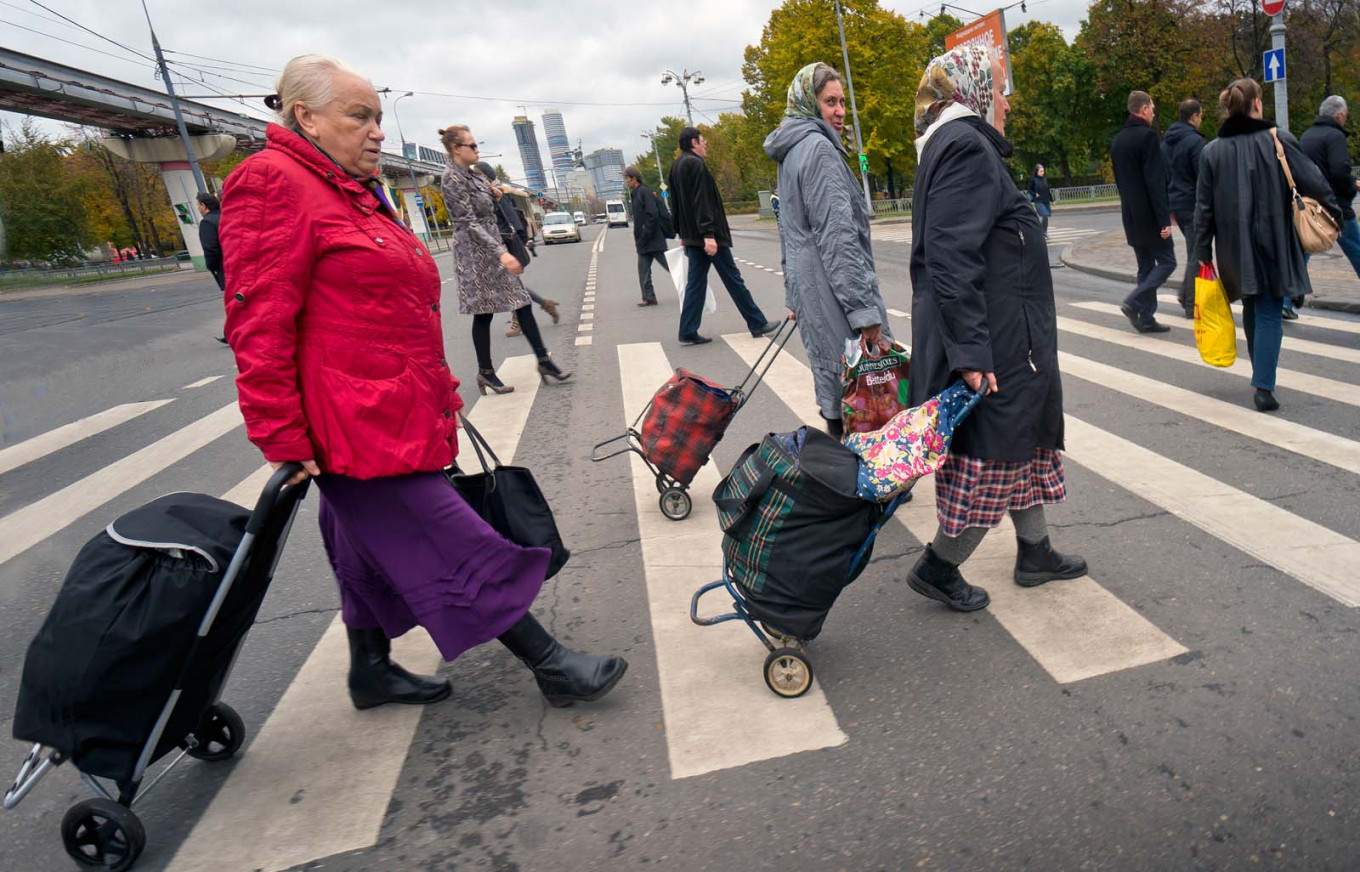
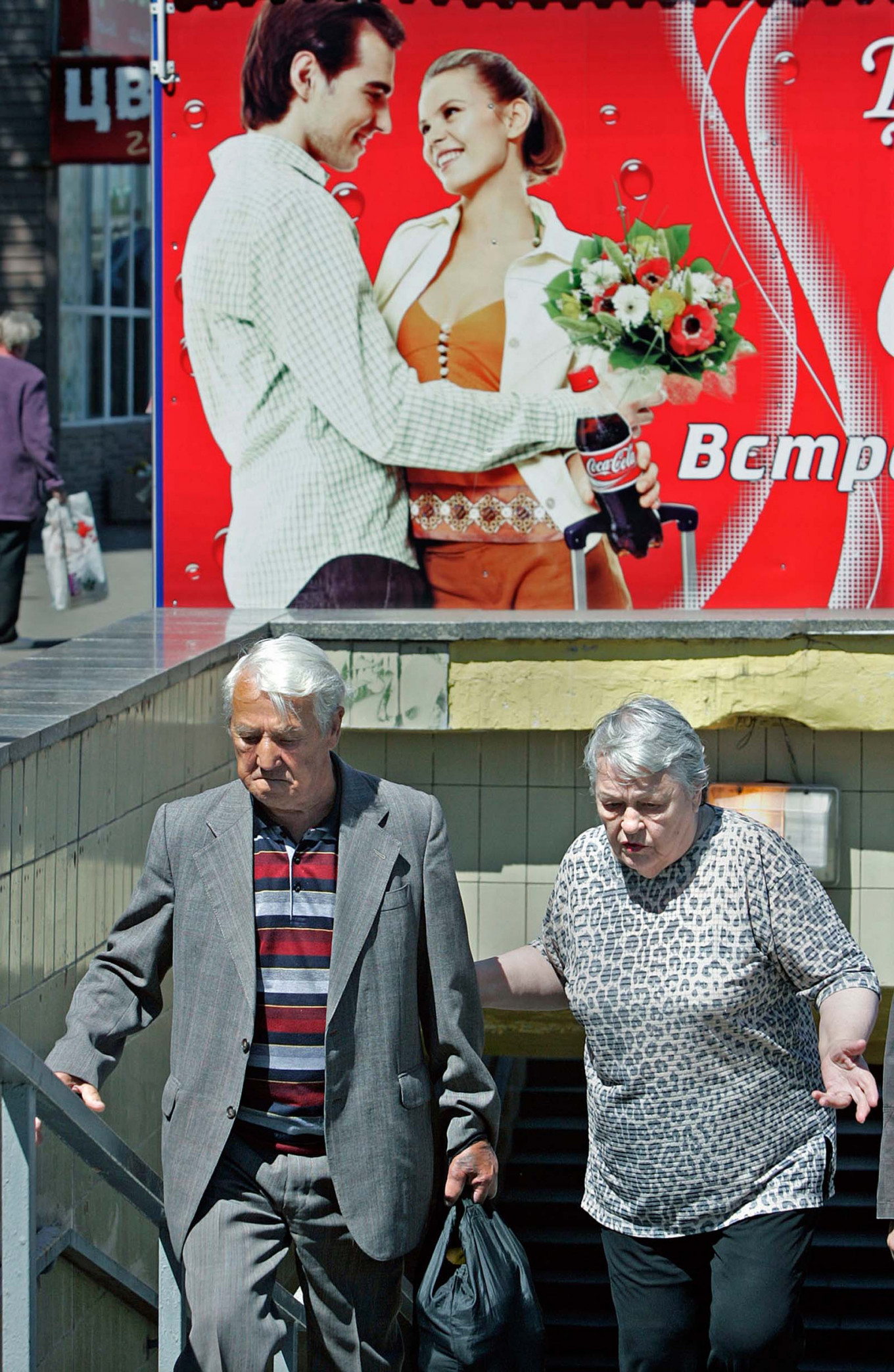
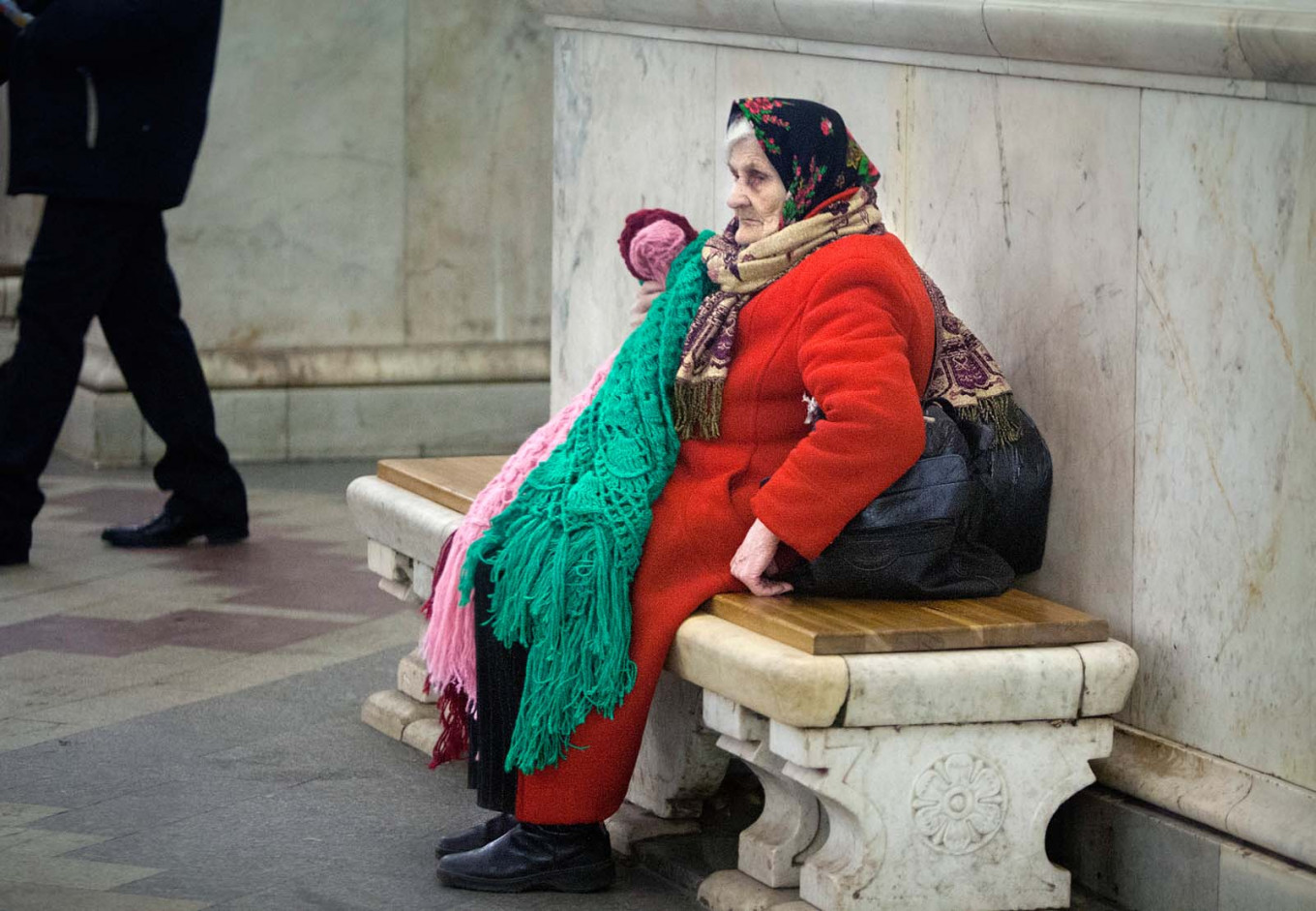
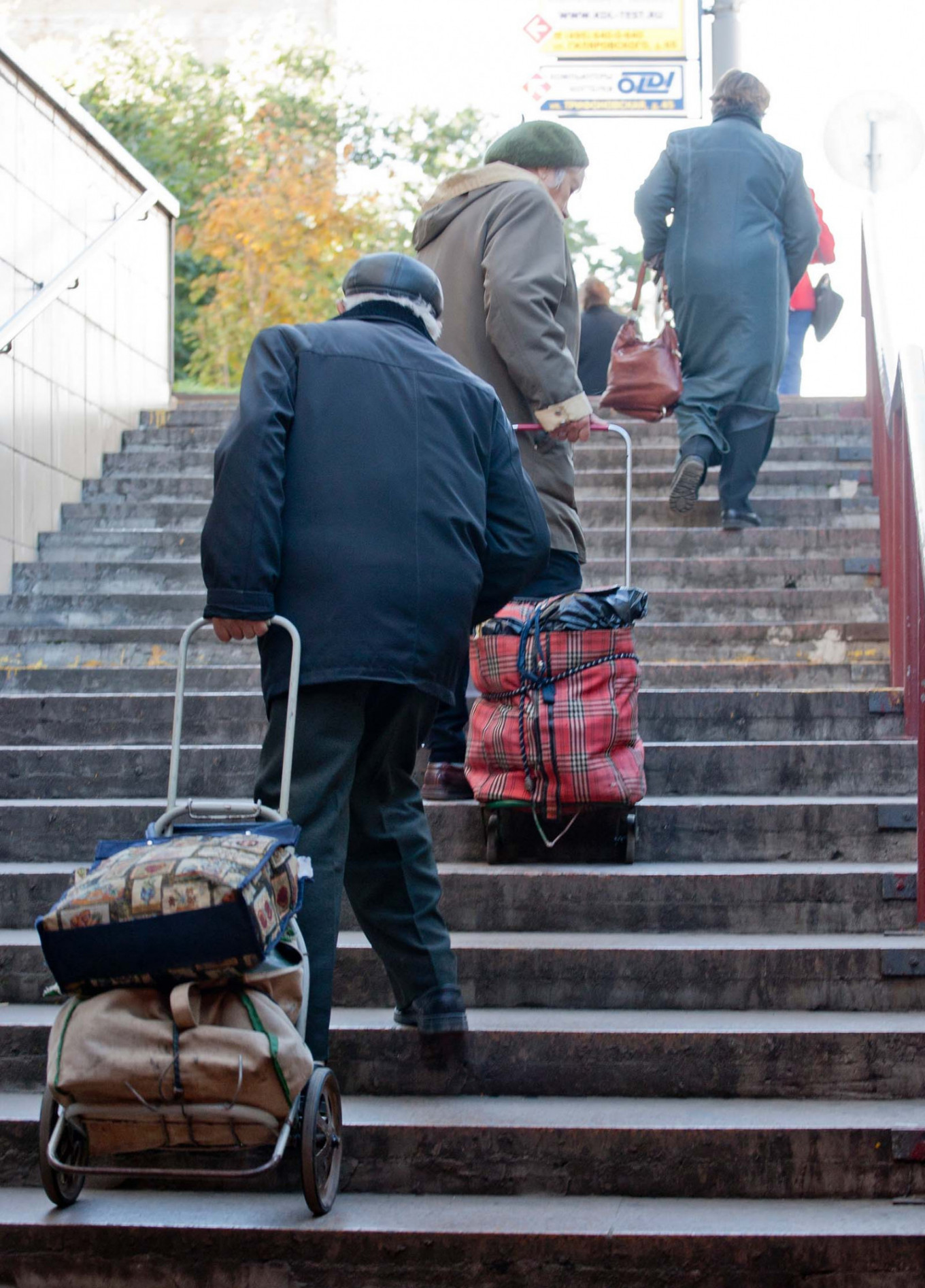
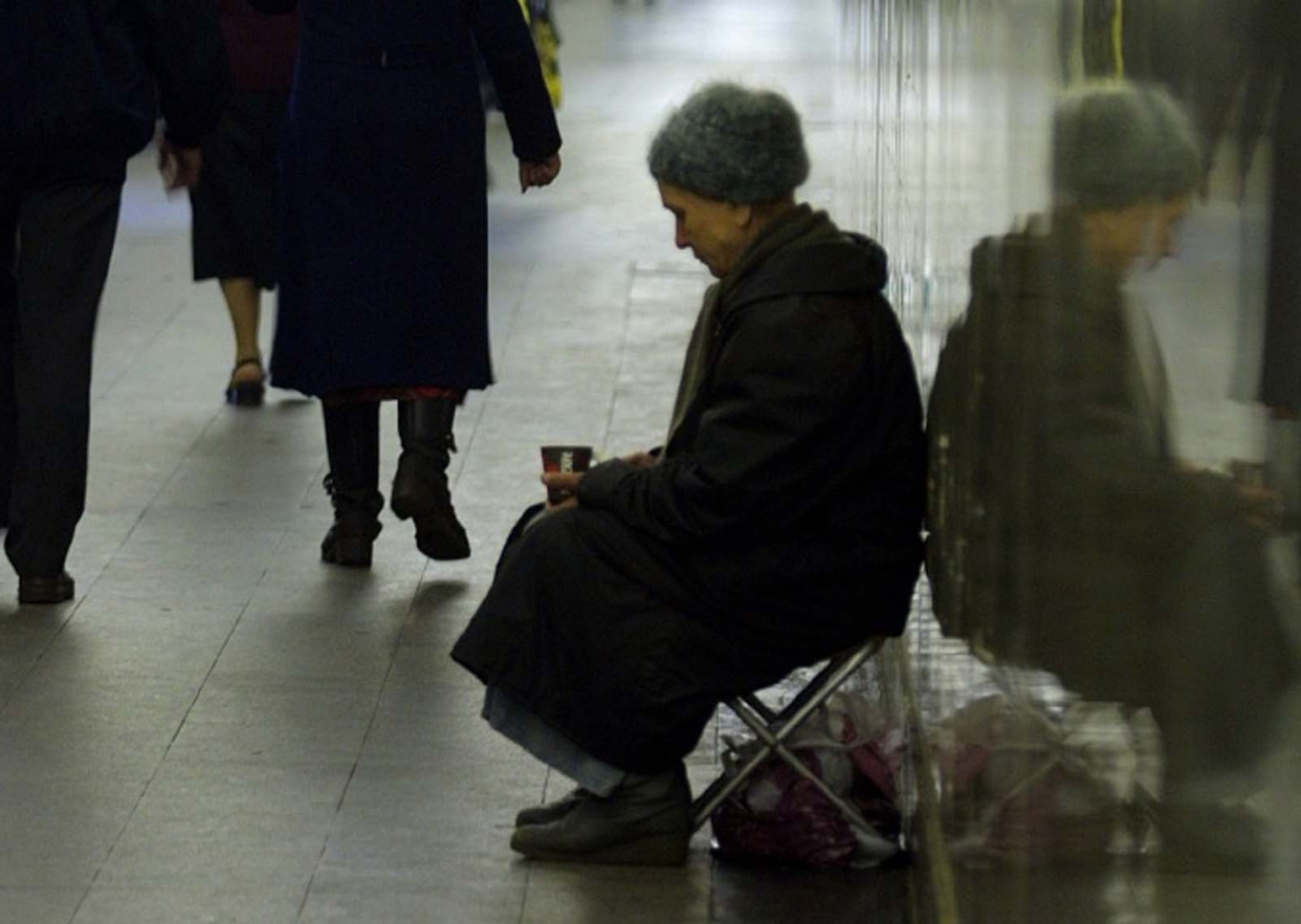
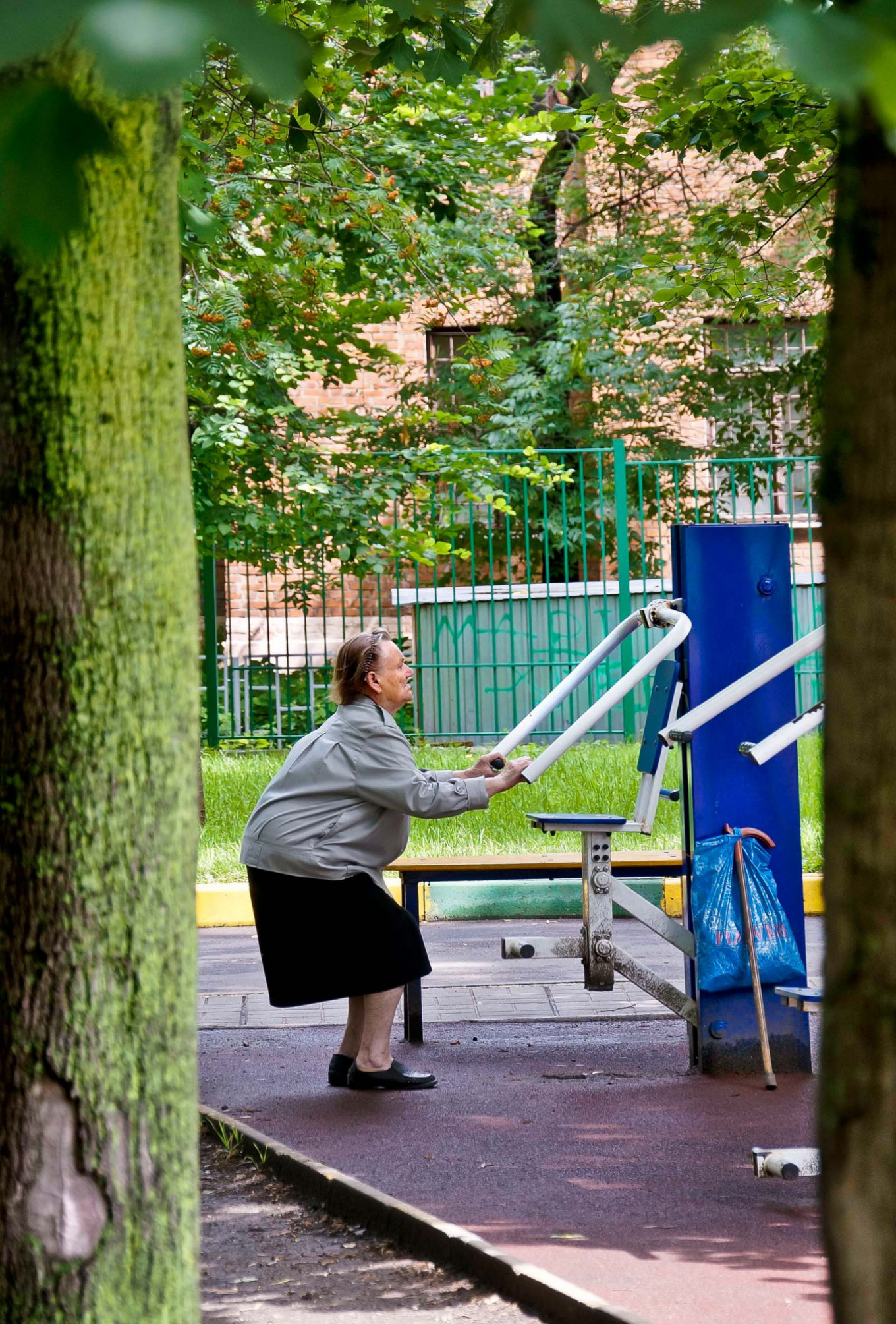
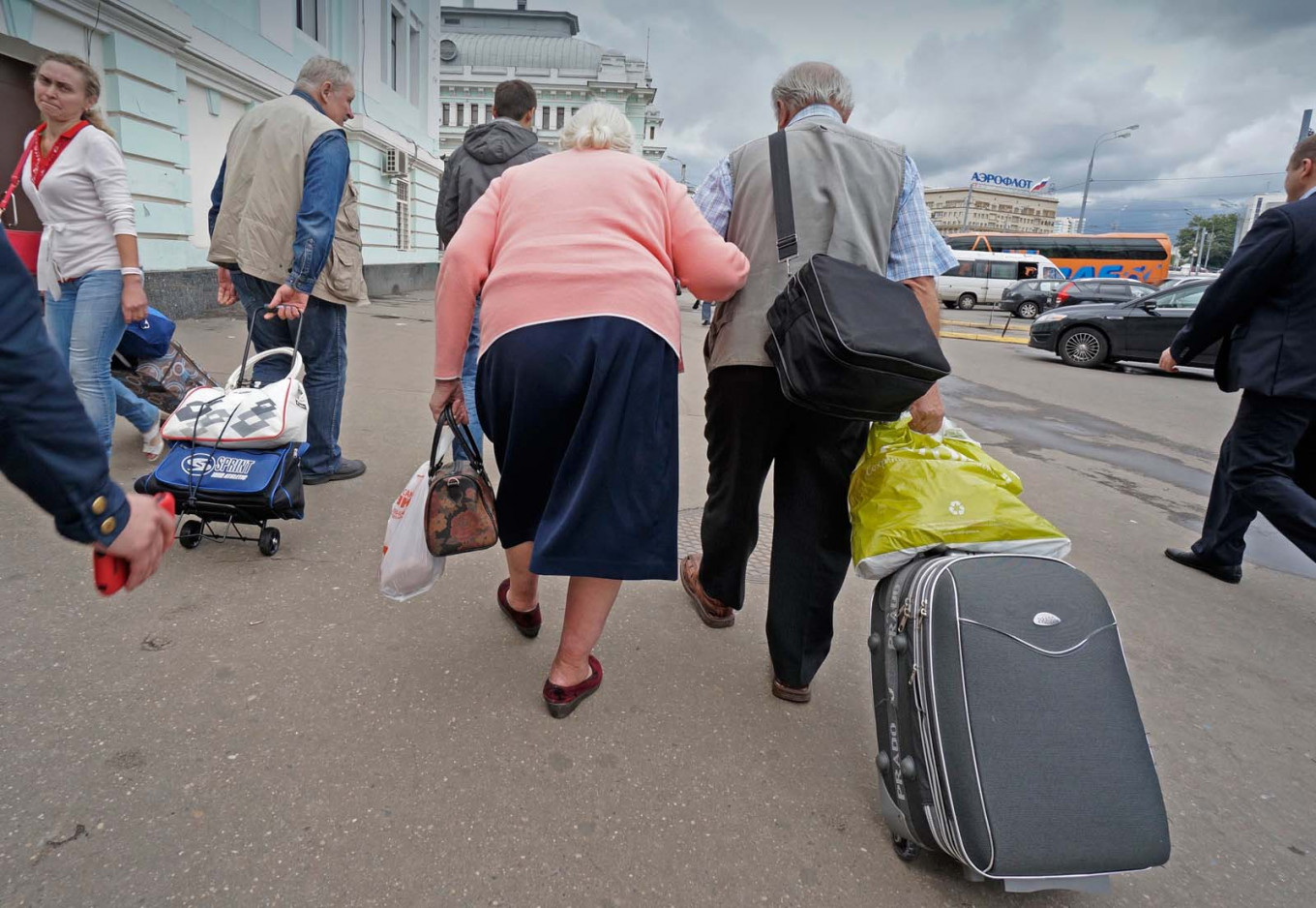
A Message from The Moscow Times:
Dear readers,
We are facing unprecedented challenges. Russia's Prosecutor General's Office has designated The Moscow Times as an "undesirable" organization, criminalizing our work and putting our staff at risk of prosecution. This follows our earlier unjust labeling as a "foreign agent."
These actions are direct attempts to silence independent journalism in Russia. The authorities claim our work "discredits the decisions of the Russian leadership." We see things differently: we strive to provide accurate, unbiased reporting on Russia.
We, the journalists of The Moscow Times, refuse to be silenced. But to continue our work, we need your help.
Your support, no matter how small, makes a world of difference. If you can, please support us monthly starting from just $2. It's quick to set up, and every contribution makes a significant impact.
By supporting The Moscow Times, you're defending open, independent journalism in the face of repression. Thank you for standing with us.
Remind me later.





